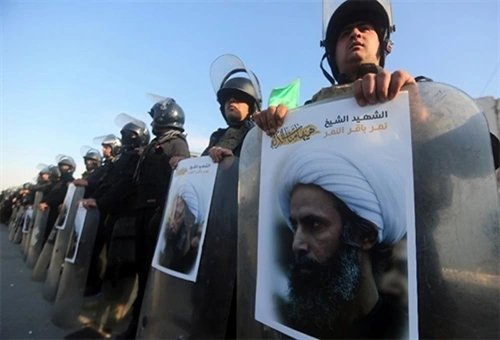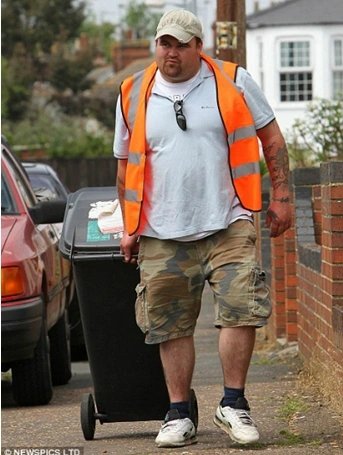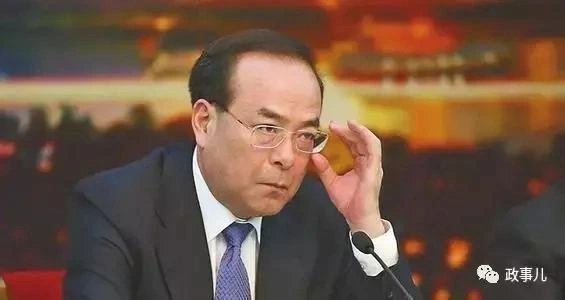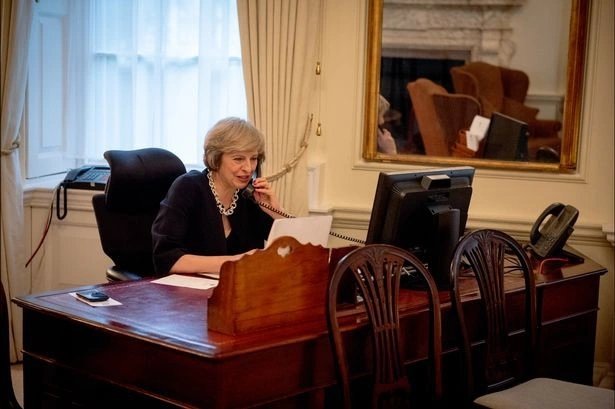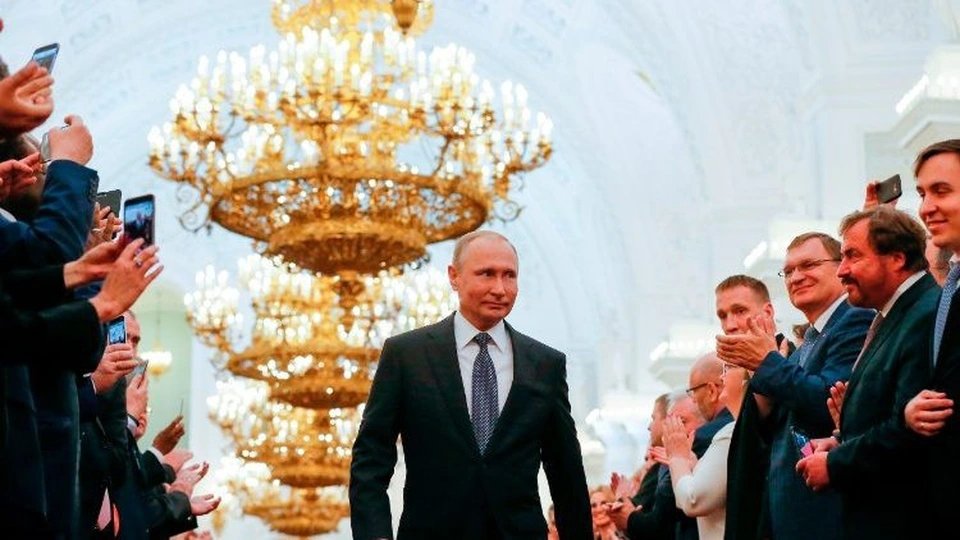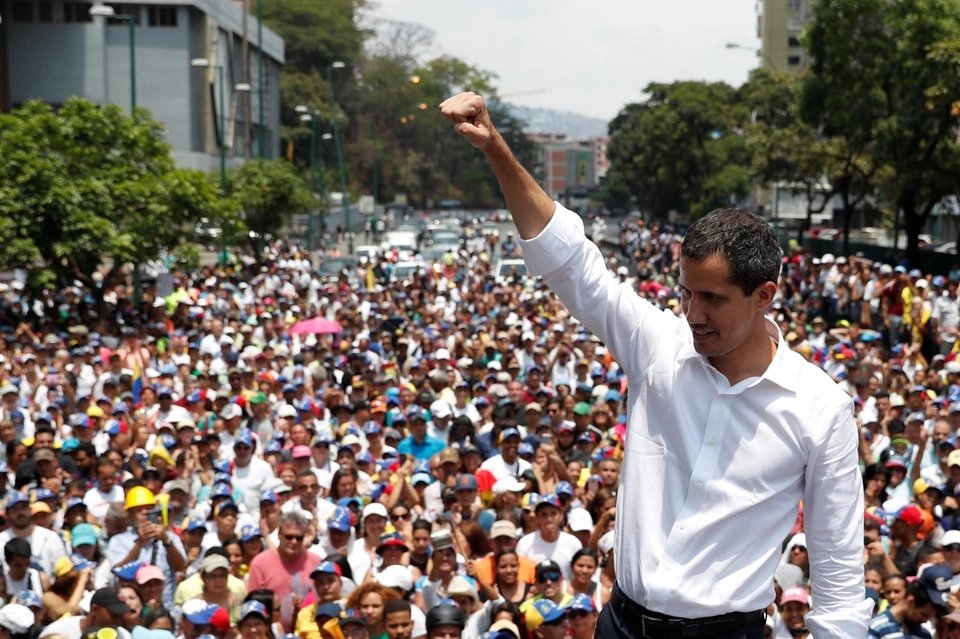
According to VnExpress statistics, at the end of the first quarter, Hanoi and Ho Chi Minh City Stock Exchanges organized 25 businesses to offer shares for the initial public offering (IPO) in the form of auction, three times as many.
A total of more than 355 million shares were offered for IPO by state-owned enterprises.
Among the 15 companies that did not sell all of their shares in the first quarter, notably the case of Inland Waterway Transportation and Handling Company Limited (Trancinwa) when 99% were left alone.
According to the draft equitization plan, Trancinwa’s after-tax profits have gradually decreased over the years.
Once expected to auction more than 49.7 million shares on the IPO day, Hanoi Construction Corporation (Hancorp) was almost completely bankrupt when it sold only 0.03% of this number.
Hancorp Plaza building, one of Hancorp’s projects.
Net revenue in 2010 was 2,226 billion VND, but in 2012 it was only 1,590 billion VND.
In 2012, Hancorp’s after-tax profit was only 31 billion VND, down 87% compared to 2010. The after-tax profit margin on equity as of December 31, 2012 was 3.5%, also down dozens of percent.
In addition to the two companies above, in the first three months of the year, a series of state-owned enterprises also lost over 90% of the shares planned for IPO.
Many corporation leaders admit that the hasty and centralized process of equitization and building IPO plans is the main reason why the offerings were not successful.
Mr. Pham Ngoc Dich – Chairman of Vivaso’s Board of Members said that on April 23, the company will hold a shareholders’ meeting and `agree with investors to continue selling shares, completing the plan.`
Meanwhile, Chairman of Vinawaco Waterway Construction Corporation – Mr. Nguyen Duy Hien shared that due to rushed planning, there is a situation where businesses find every way to have strategic investors before evaluating the capacity of
In fact, although there was a written request to the Ministry of Transport to approve a list of 3 strategic investors and it was approved, after re-examination, Mr. Hien said that only one unit qualified.
Sharing with VnExpress.net, deputy general director of an investment fund with foreign joint venture capital in Vietnam commented that with an offering price of 10,000 VND per share, many IPO units may not have reached that level.
`Any auction must reflect the true value of the business. If no one buys, it can be understood that the offered price is too high compared to the amount investors are willing to pay. Mainly due to the quality of operations
Mr. Phan Dung Khanh – Head of Investment Consulting Department at MayBank Kim Eng Securities Company said that recent IPO auctions have hardly attracted much interest from investors.
One of the main reasons for the lack of shares is that the potential of businesses is not really clear, the communication is not strong enough, and the targeting of buying partners is not standard.
Another factor, according to MBKE experts, is that at the current IPO time, state-owned enterprises fall into a period where the stock market has many opportunities.
Talking to VnExpress.net, Ms. Nguyen Thi Hoang Lan – Vice Chairman of the Board of Directors and Deputy General Director of Hanoi Stock Exchange said that the level of interest and ability to invest in businesses is different.
According to HNX leaders, the problem is that after shares are offered to the public, the business will transform its operating model, change ownership structure, innovate operating direction and have more opportunities in strategy.
Thus, in the future, after IPO companies can immediately convert their shares into shares and trade on the centralized stock market.

